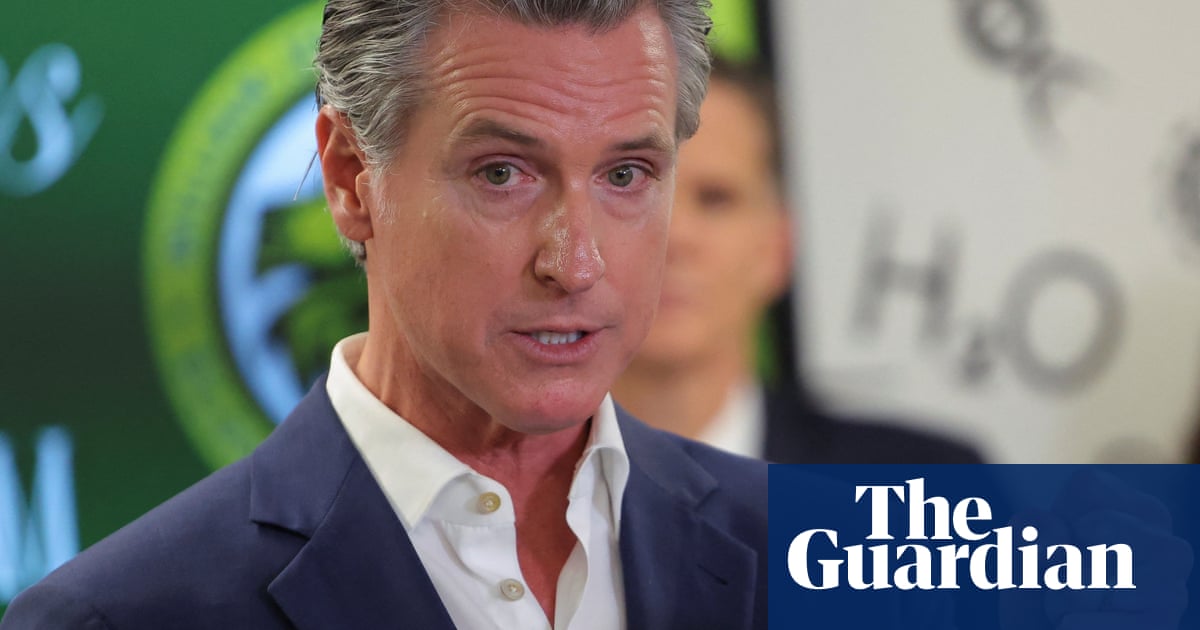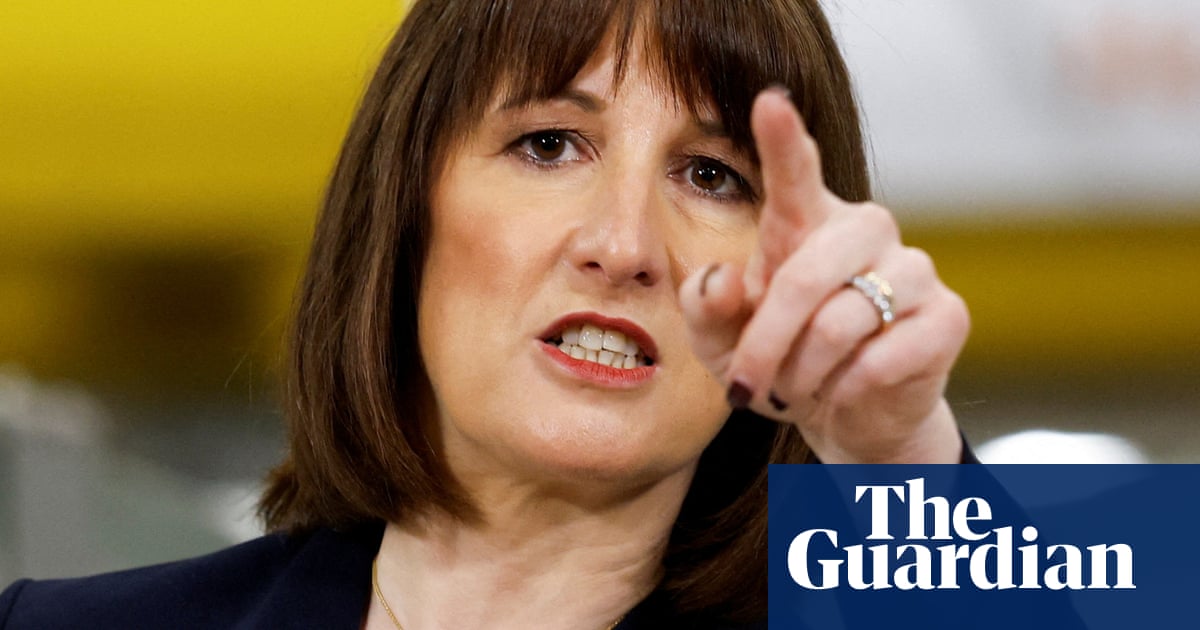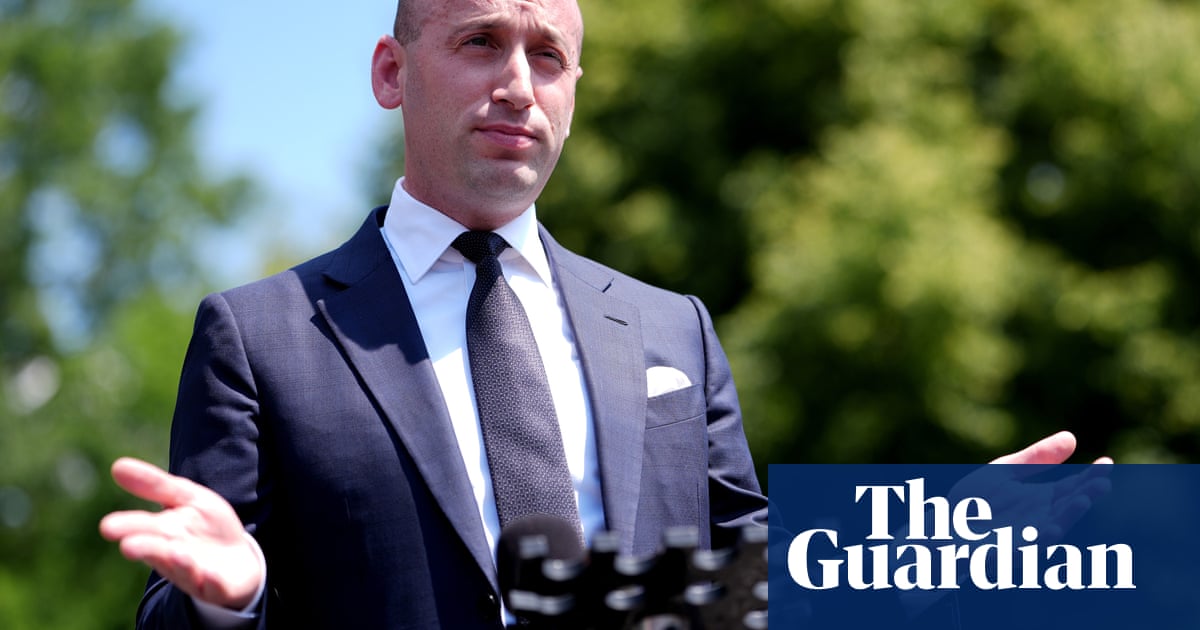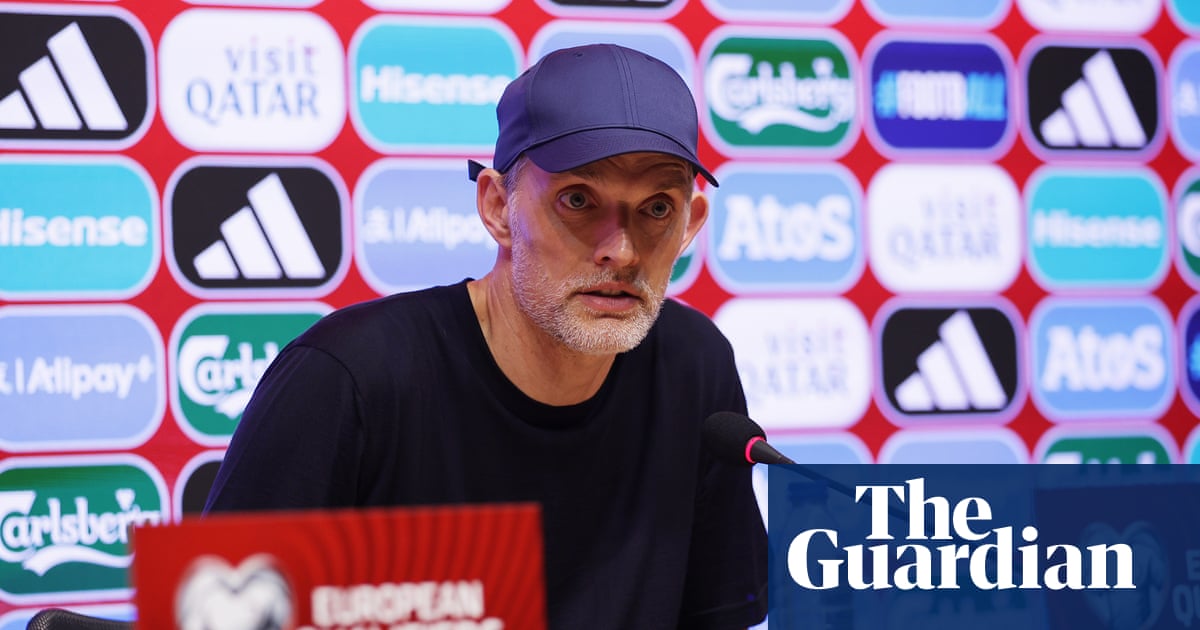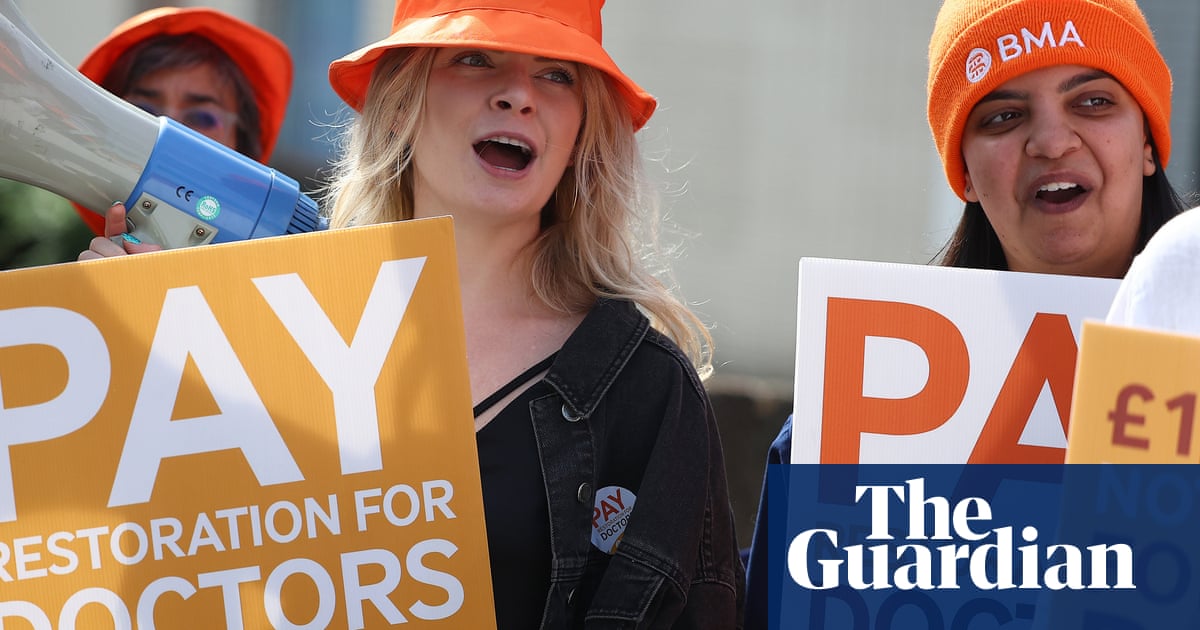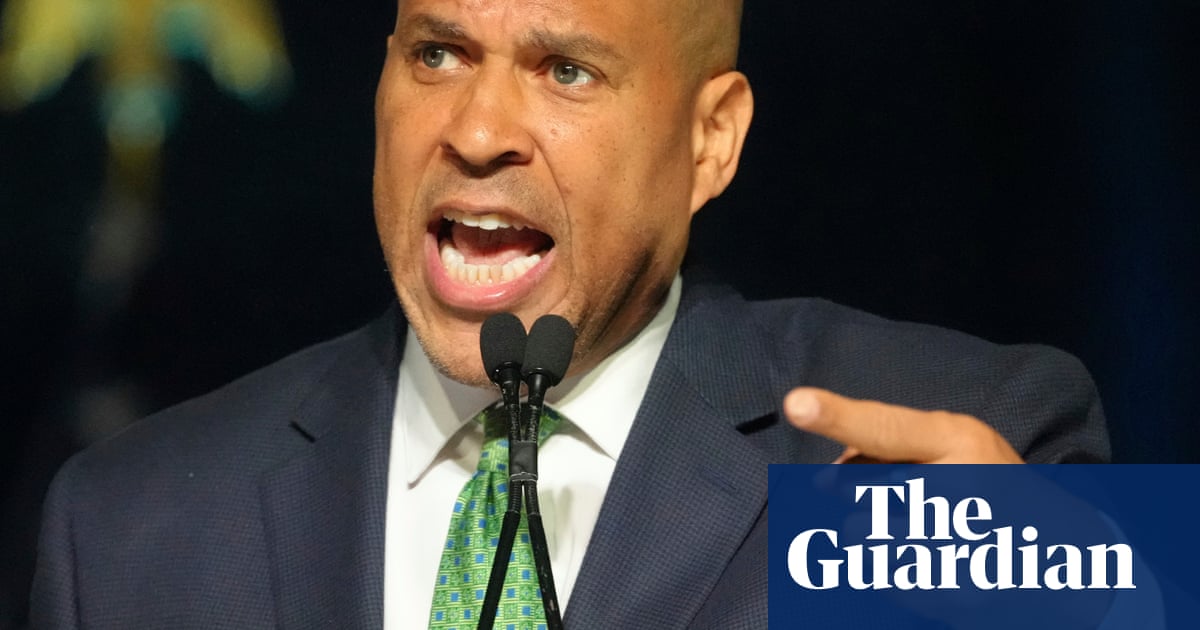While Donald Trump and his acolytes take a victory lap at the Conservative Political Action Conference this week, some of the president’s staunchest right-leaning critics will convene for their own event just 10 miles away.
The Principles First summit, which will be held in Washington from Friday to Sunday, has become a venue for anti-Trump conservatives to voice their deep-seated concerns about the “Make America great again” faction of the Republican party, and the gathering has now grown in size and scope. As its organizers confront another four years of Trump’s leadership, they are stretching beyond party lines with speakers such as the billionaire Mark Cuban and Jared Polis, the Democratic governor of Colorado, to craft their vision for a new approach to US politics.
That vision looks quite different than it did six years ago, when the conservative attorney Heath Mayo founded Principles First. At the time, Mayo, formerly a rank-and-file Republican who supported the presidential campaigns of Mitt Romney and Marco Rubio, hoped to present an anti-Trump alternative to fellow conservatives.
“It started as disgruntled Republicans and conservatives, but that was back in 2019 when that objective seemed to be perhaps more realistic or people were holding out hope that the party would come to its senses,” Mayo said. “Over the years, it’s grown.”
The group’s first summit attracted just a couple of hundred attenders in 2020, but the guest count at this year’s sold-out event has increased to about 1,100.
“We’ve been surprised actually with the number of people that have signed up to come,” Mayo said. “I think it’s this hunger for new spaces in our politics – new ideas, new faces.”
Those new faces include Cuban, who plans to address the summit on Saturday as his name has been floated as a potential presidential candidate in 2028. A vocal supporter of Kamala Harris’s campaign for the White House last year, Cuban might seem like an unorthodox choice for a presidential candidate, as he has never served in public office, but the same was said of Trump 10 years ago.
“Clearly we live in a moment of disruption. Things are changing really fast … Democrats may have learned that lesson the hard way in November,” Mayo said. “That’s what I hope the weekend will be – a time for people to set aside the party labels and really ask where we’re going as a country.”
The summit’s list of speakers reflects that mission, ranging from John Bolton, Trump’s former national security adviser, to Polis, the Colorado governor who has occasionally clashed with fellow Democrats over how to navigate the new Trump era. Other speakers include Chris Christie, the former Republican governor of New Jersey who has become a fierce critic of Trump, and four of the police officers who responded to the Capitol on 6 January 2021, as a group of the president’s supporters attempted to disrupt the congressional certification of Joe Biden’s electoral victory.

“I feel like character and integrity are two non-negotiable, key components of Principles First,” said Rich Logis, founder of a group called Leaving Maga and a speaker at the summit. “If you look at the attendees, it’s a large, diverse swath of authors, thinkers and former elected officials. It doesn’t skew rightwing. It doesn’t skew leftwing. But what they all share in common is that they’re devoted to truth, democracy, liberal democracy and the rule of law.”
Kyle Sweetser, another speaker at the summit and a former Trump supporter who voted for Harris in November, hopes that the event can offer an example of productive political discourse to fellow voters.
“I think it’s more crucial than ever to offer some sort of platform, at least to reaffirm our commitment to core democratic values and principles,” Sweetser said. “And I’m really looking forward to some good discussion and hopefully some exchange of ideas that will strengthen our democracy.”
Sweetser knows firsthand how difficult it can be to reach Trump supporters who have embraced the Maga movement. He voted for Trump twice before starting to question that loyalty, prompting him to diversify his media diet and seek out more information about the president’s record. He considers himself proof that Trump supporters can change their ways, a message he wants to bring to the Principles First summit.
“I want some of the Democrats to understand that there’s a lot of Republicans out there that are good people, and if Democrats work for those people, then they will be able to pull some of those people over to their side,” Swisher said. “But unfortunately, it’s going to be a heavy lift. It’s going to take a lot of work, and it’s going to take patience.”
Sweetser and Logis both predicted that Trump’s eventual failure to follow through on key campaign promises, like addressing the high inflation seen in recent years, would chip away at the president’s base and perhaps spur some of his supporters to reconsider their political identity.
Some early examples of this trend may already be emerging. In Sweetser’s home state of Alabama, about 250 customers of a public utility company based in Huntsville just learned they would see a $100 surcharge on their energy bills after one of Trump’s executive orders paused a program aimed at lowering heating costs for low-income households.
“I am wagering a bet that many in the Maga community right now are going to realize that the president is not going to fix anything for them,” Logis said. “When the scales start to fall a bit from the eyes, I want them to know that there’s an exit ramp.”
That exit ramp eventually brought Logis to the Democratic national convention, where he was featured in a video explaining his transformation from a diehard Trump supporter to a Harris voter. Harris may not have been successful in November, but Mayo still sees a potential path to victory for a pro-democracy candidate who can unify the ideologically diverse group represented at Principles First.
“There’s still a broad coalition out there that can be assembled, and it has got to be constructive. It’s got to have ideas and solutions for the challenges that Americans face, like the affordability crisis,” Mayo said. “At a time when it feels hopeless, it feels like there is a reason to be hopeful when you see that many people coming together to talk about these things.”

 3 months ago
50
3 months ago
50







